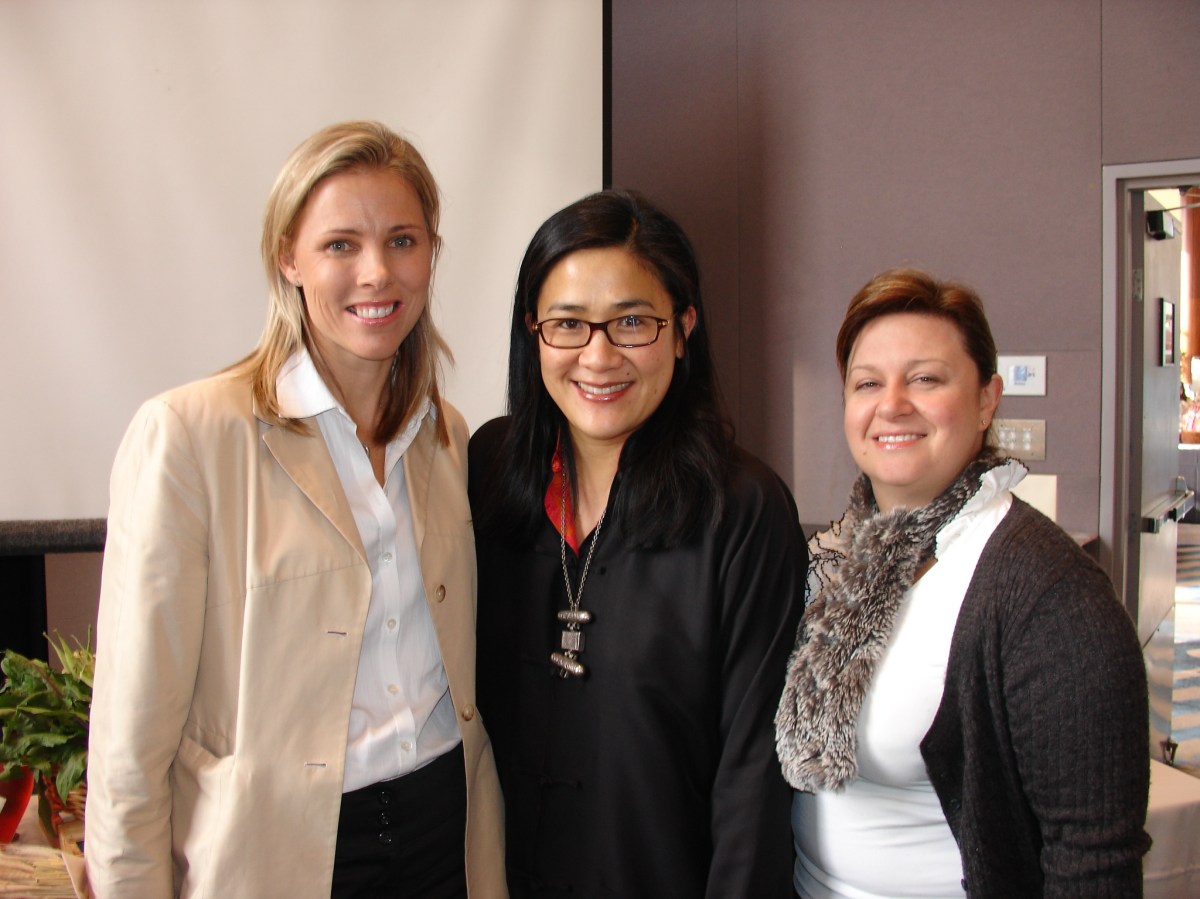The organic food sector is now the fastest growing area in food trade, with sustained rates of growth between 10% and 30% around the world.
The organic industry is emerging from a niche into a valuable multi-billion dollar market and while many restaurants are now getting on board this trend, not many hoteliers have embraced the organic ideal because of the higher cost associated with organic food.
But one hotel brand, Novotel, is increasingly using organic food, in keeping with its ‘Designed for Natural Living’ brand promise.
Novotel hotels across Australia have launched a new, healthier breakfast offering that includes an innovative selection of organic, gluten-free and low-GI menu items, with a focus on the best possible fresh, healthy produce and organic menu items are increasingly making their way onto menus for lunch and dinner as well.
As a minimum standard all Novotel breakfast buffets must now include organic options such as organic banana bread, organic fruit compotes, organic toasted muesli and organic jams.
Karen Sainsbury, General Manager of Novotel Manly Pacific and Director of Novotel’s F&B Committee says she believes the trend towards organic produce is only going to increase.
“Our guests are well aware of the environmental impact their traveling has and are seeking ways to reduce their environmental footprint, but more importantly they are also seeking a return to a healthier, simpler lifestyle in terms of their food choices,” she says. “Our guests are telling us they want the option of organic food and so we are listening to their demands and focusing more and more on organic food.
“With the Novotel’s shift towards a natural living focus we now offer clean, fresh organic foods that meet the expectations of today’s consumer, who is attuned to the health benefits of pesticide-free food and is seeking to reduce their food miles.
“We are increasingly seeking local suppliers for our produce and focusing on smaller, organic producers who can supply us with the best seasonal produce,” she says.
In recognition of Novotel’s commitment to organic produce, the hotel brand was chosen as the launch pad for the new Trust Organic campaign recently and the launch of new Australian Standards for the organic and biodynamic food industry.
Kylie Kwong, whose restaurant Billy Kwong is carbon-neutral and uses only organic foods, was a special ambassador for the launch and commended Novotel on their efforts to promote organic foods.
“Our aim is to leave as small and light an environmental footprint as possible, to give back to the community wherever we can and to think globally and act locally,” Kwong says.
The Australian Standard for organic products will help to ensure consumers of truth in labelling for organic products and will identify only organic produce that meets strict guidelines.
Former pentathlete, Nici Andronicus, whose company produces the Organicus line of organic products including mueslis, banana bread and jams which she supplies to Novotel, highlighted the importance of using organic foods to ensure the future health of both the people eating it and the planet.
“Organic food is not only healthy for the people consuming it but more importantly is the best choice for the future health of our planet,” she says.
The Australian organic industry is worth over $600 million in retail and if we add the related flow on-industries such as the compost industry that is worth over $400 million it is easy to see that this industry is worth over a billion dollars to the Australian economy.
Market information from the USA, Europe and Australia is showing an increase in sales of fresh and staple organic produce. Global demand for organic foods is expected to grow by 46% over the coming five years despite the world economic crisis, according to an outlook from the United Nations Trade and Development Agency (UNCTAD).
World sales from certified organic products are expected to reach US$67 billion in 2012, up from US$46 billion in 2007 and about US$23 billion in 2002.


